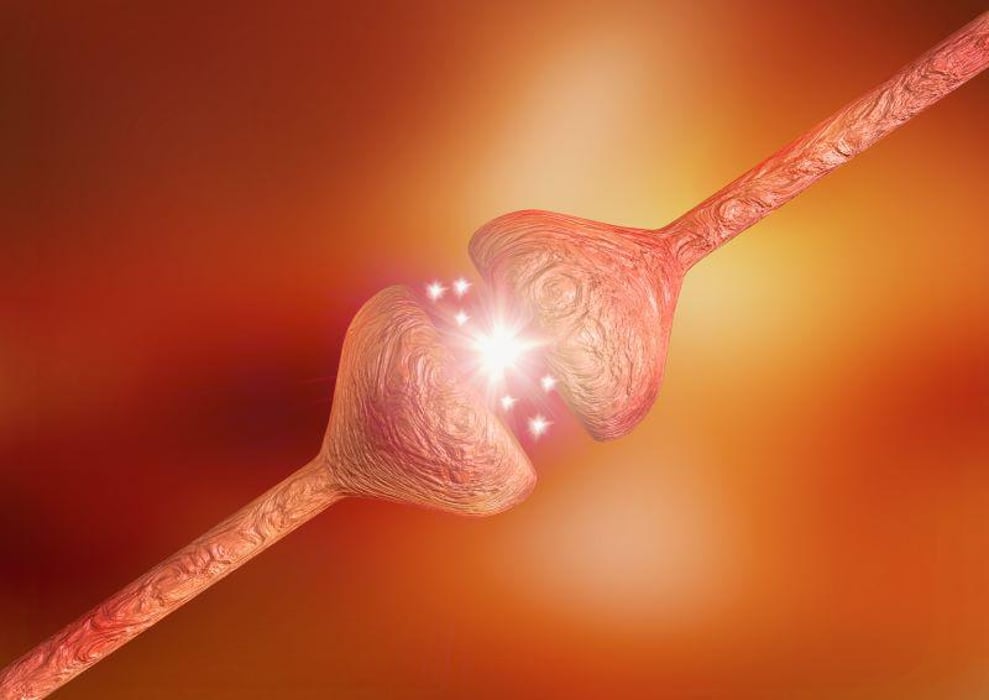Monoclonal Antibodies No Better Than Placebo for Early Parkinson Disease

THURSDAY, Aug. 4, 2022 (HealthDay News) -- The monoclonal antibodies cinpanemab and prasinezumab show almost no benefit for early Parkinson disease, according to two phase 2 trials published in the Aug. 4 issue of the New England Journal of Medicine.
Anthony E. Lang, M.D., from the University of Toronto, and colleagues conducted a 52-week phase 2 trial involving participants with early Parkinson disease who were randomly assigned to receive infusions of placebo (control) or cinpanemab at a dose of 250 mg, 1,250 mg, or 3,500 mg every four weeks (100, 55, 102, and 100 participants, respectively), followed by an active-treatment dose-blinded extension period for up to 112 weeks. Due to lack of efficacy, the trial was stopped after the week 72 interim analysis. The researchers found that the change to week 52 in the Movement Disorder Society-sponsored revision of the Unified Parkinson's Disease Rating Scale (MDS-UPDRS) score was 10.8, 10.5, 11.3, and 10.9 points, respectively.
Gennaro Pagano, M.D., Ph.D., from the Roche Innovation Center Basel in Switzerland, and colleagues randomly assigned participants with early-stage Parkinson disease to receive intravenous placebo or prasinezumab 1,500 mg or 4,500 mg every four weeks for 52 weeks in a phase 2 trial (105, 105, and 106 participants, respectively). The researchers found that the changes from baseline to 52 weeks in the MDS-UPDRS scores were 9.4 in the placebo group, 7.4 in the 1,500-mg group, and 8.8 in the 4,500-mg group.
"Neither trial showed benefit with respect to the primary or secondary end points save that there was a suggestion that treatment with low-dose prasinezumab slowed progression on a secondary end point," write the authors of an accompanying editorial.
The Lang study was funded by Biogen, the manufacturer of cinpanemab; the Pagano study was funded by F. Hoffmann-La Roche and Prothena Biosciences, the manufacturers of prasinezumab.
Abstract/Full Text - Lang (subscription or payment may be required)
Abstract/Full Text - Pagano (subscription or payment may be required)
Editorial (subscription or payment may be required)
Related Posts
Adult Characters With Autism Move Into the TV Spotlight
THURSDAY, July 7, 2022 (HealthDay News) -- Dr. Shaun Murphy, the lead character...
Un gel podría ayudar a tratar el cáncer en los perros, y tal vez también en los niños
MARTES, 15 de noviembre de 2022 (HealthDay News) -- Un nuevo gel de...
Hair of the Dog: A Quick, Painless Stress Test for Pooches
MONDAY, April 25, 2022 (HealthDay News) -- The strange smells and sounds at an...
Stable Body Mass Index Tied to Slower Cognitive Decline in Older Adults
TUESDAY, Jan. 25, 2022 (HealthDay News) -- Stability in body mass index (BMI)...
